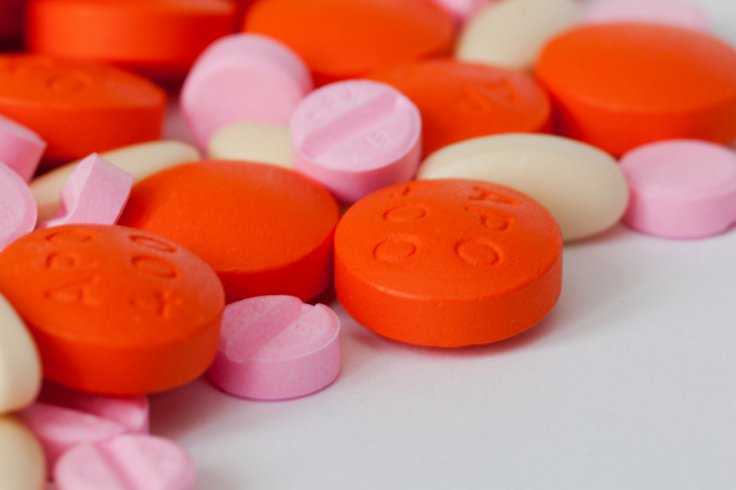Around nine out of 10 in the US, adults are worried that the pharmaceutical industry is going to leverage the coronavirus or COVID-19 pandemic for raising the drug prices, researches have discovered.
Similarly, around 84 percent are pretty much or somewhat worried that the general cost of the care will rise, and almost 79 percent are very or somewhat concerned about their health insurance premiums are going to go up in response to the outbreak.
In each of the latter two scenarios, 41 percent of US citizens are very concerned. The new findings, released by the non-profit West Health and Gallup as part of ongoing research on the rising cost of healthcare in the US, come from a nationally representative survey of 1,016 US adults.
Americans Fear Rise in Drugs Price

Amid a mounting death toll, the results underline the knife-edge fears associated with paying for care in the US. "Concerns loom large that when the pandemic is all over, Big Pharma and insurance companies will revert to old patterns and behaviors and continue to squeeze Americans with ever-higher drug prices and insurance premiums," said Tim Lash, chief strategy officer for West Health.
The findings also revealed that the fear related to the cost impacts of the Covid-19 pandemic vary by demographic subgroup. Most Americans, regardless of gender, race, income or political identity, believe drug prices will rise. However, there is less consensus regarding rising insurance premiums and healthcare costs. Among key demographic differences: 57 percent of women are very concerned about rising drug prices, compared with 52 percent of men.
Nearly half of women (48 percent) are very concerned about the general cost of care rising, compared with 33 percent of men. The data also showed that Democrats (66 percent) are more likely to say they are very concerned about rising drug prices than are independents (52 percent) or Republicans (49 percent).
Amid concerns about how the Covid-19 pandemic could raise healthcare costs, a large majority of Americans support the federal government directly negotiating the price of a treatment for the disease with the drug manufacturer, the study said.
(With agency inputs)









